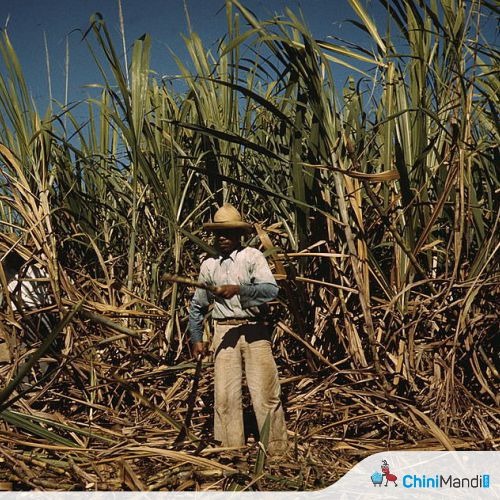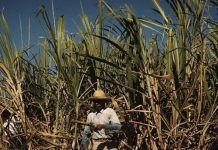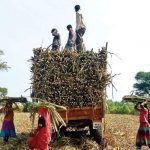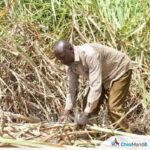Industry group SA Canegrowers has expressed strong support for a proposed exemption by the Department of Trade, Industry and Competition (dtic), which could help strengthen the South African sugar industry and protect thousands of rural jobs, reports Engineering News.
The exemption, outlined in newly released draft regulations, would allow retailers and food and beverage producers to negotiate directly with sugarcane growers and millers. These talks would focus on securing a commitment to prioritise the purchase of locally produced sugar over imports.
According to SA Canegrowers, the exemption could provide a critical boost to the industry. “Such a commitment will support the more than one million livelihoods that the South African sugar industry sustains,” the organisation said.
If passed into law, the exemption would offer a temporary block from certain Competition Commission rules. It would allow for cooperative planning and decision-making within the industry, normally prohibited under competition laws, while also supporting fair pricing for consumers.
“Commercial users are a key market for local sugarcane growers, and securing a commitment to use local sugar will safeguard tens of thousands of rural jobs in KwaZulu-Natal and Mpumalanga,” said Andrew Russell, vice-chairperson of SA Canegrowers.
He noted that the sugar industry is vital to the national economy and a major employer in rural areas. The exemption is part of a broader effort under the Sugarcane Value Chain Master Plan 2030—a partnership between government and the sugar industry aimed at stabilising the sector, saving jobs, and encouraging long-term sustainability.
The sector continues to face serious challenges, including a surge in sugar imports and the economic impact of the Health Promotion Levy. These pressures have made it difficult for many growers to remain viable.
In addition to supporting current operations, the draft exemption would also help pave the way for future diversification. The sugar industry is actively exploring new areas such as biofuels and sustainable aviation fuel. However, getting these projects off the ground will require cooperation between various players in the sector—cooperation that current competition laws restrict.
Russell thanked Minister of Trade, Industry and Competition Parks Tau for championing the draft regulations. “His support has been critical for the thousands of farm-level jobs and will be critical if sugar industry diversification is to succeed,” he said.
If approved, the exemption is expected to give the sugar industry the flexibility it needs to adapt and grow in a challenging economic environment, while ensuring that local farmers and rural communities remain at the heart of its future.


















